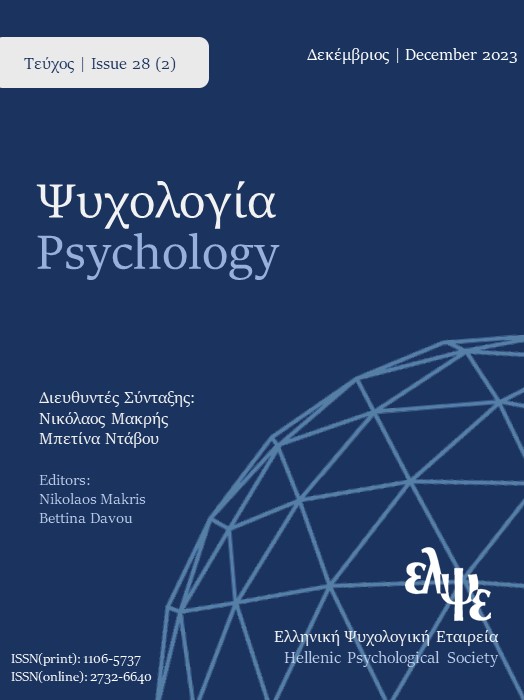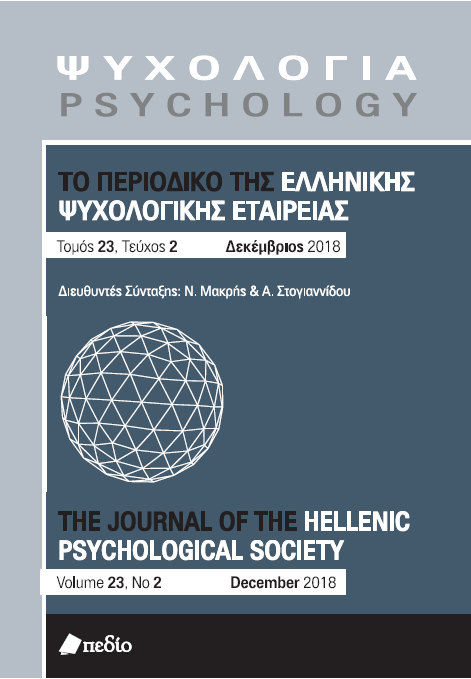From the human mind’s powerful unconscious capacities to its digitally extended possibilities

Abstract
This commentary elaborates on the themes presented in this special issue, composed of four theoretical reviews and two empirical studies, that all show how much our understanding of cognition and metacognition has advanced during the last fourty years. From the inherent, both conscious and unconscious, capacities of the human mind to its digitally extended possibilities, as well as to the subtle mechanisms of cognitive and metacognitive development, the papers show how much cognitive research has moved on, from approaching the mind as a cognitive system analogous to a computer, which was the dominant perspective in the beginnings of Cognitive Psychology in the 1960s, to approaching the mind as a human function within a dynamic, multifaceted, demanding, and continuously changing sociocultural environment, above and beyond its component processes and the way they interrelate.
Article Details
- How to Cite
-
Davou, B. (2023). From the human mind’s powerful unconscious capacities to its digitally extended possibilities. Psychology: The Journal of the Hellenic Psychological Society, 28(2), 111–117. https://doi.org/10.12681/psy_hps.36231
- Section
- SPECIAL SECTION

This work is licensed under a Creative Commons Attribution-ShareAlike 4.0 International License.
The journal PSYCHOLOGY adopts a Platinum open-access policy. Submission, processing or publication costs are waived by the Hellenic Psychological Society. Papers published in the journal PSYCHOLOGY are licensed under a 'Creative Commons Attribution-ShareAlike 4.0 International' licence. The authors reserve the copyright of their work and grant the journal the right of its first publication. Third-party licensees are allowed to use the published paper immediately after publication as they wish, provided they retain the defined by the license copyright formalities, regarding the reference to its author(s) and its initial publication in the journal PSYCHOLOGY. Moreover, any adjusted work should be shared under the same reuse rights, so with the same CC license.



